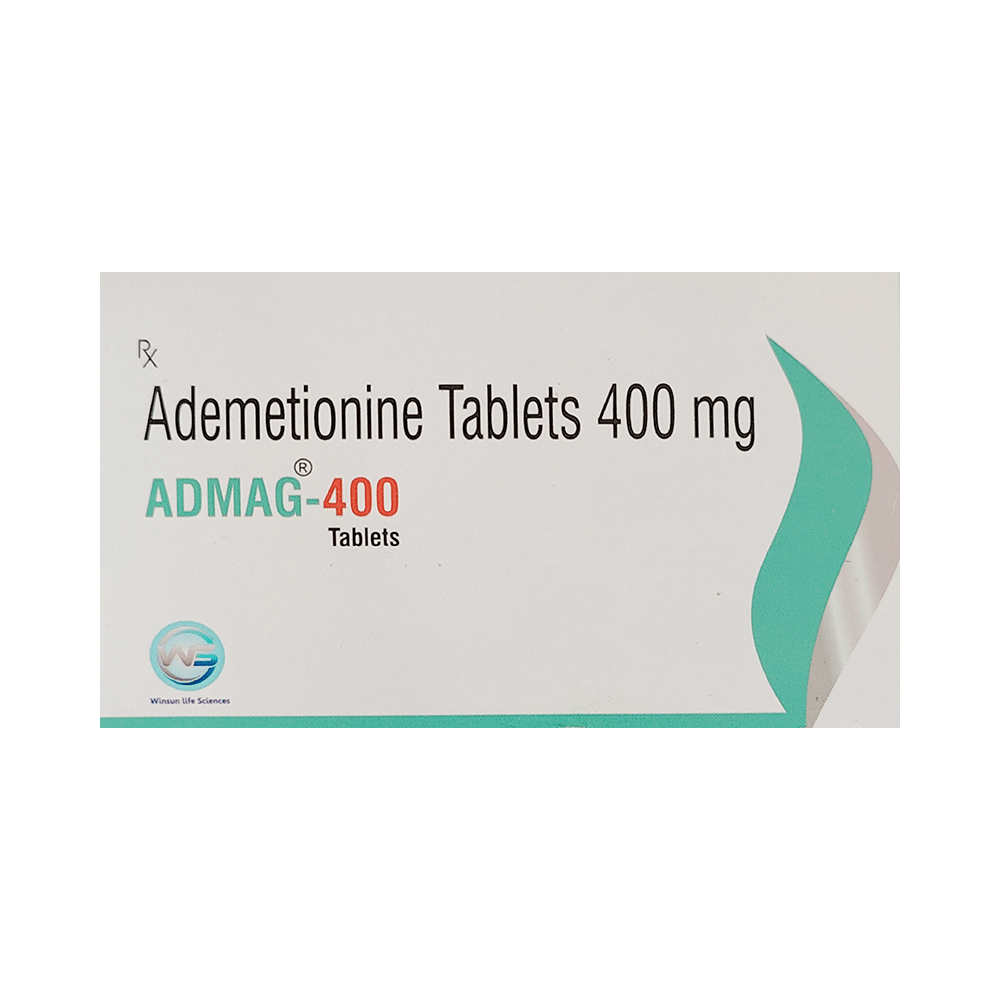
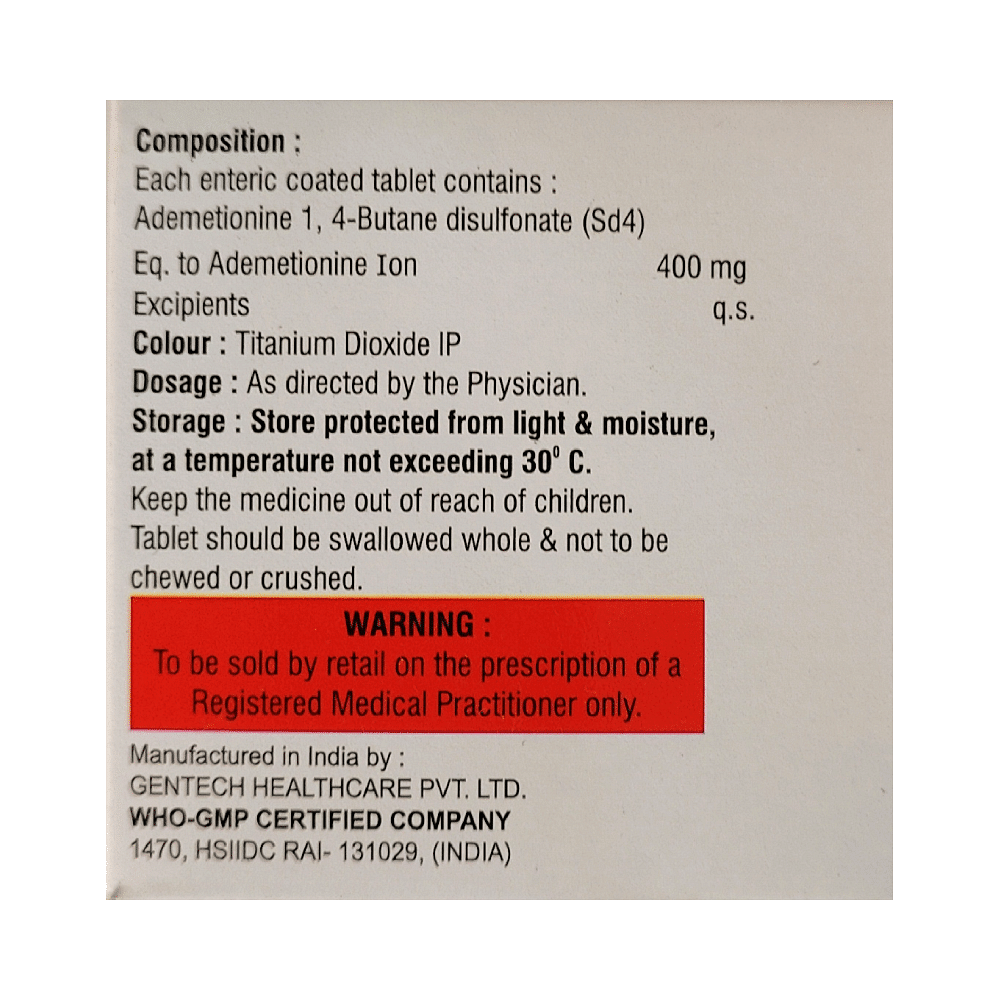
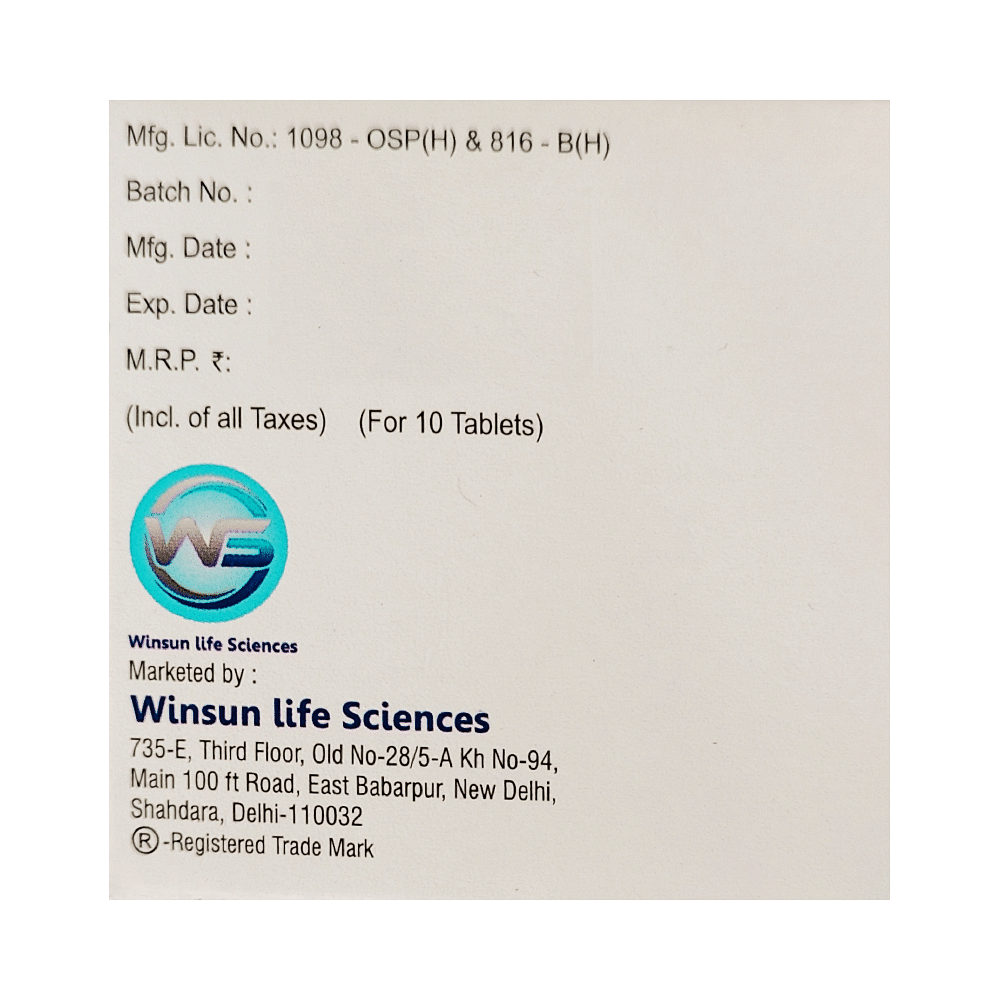
Admag 400 Tablet
Manufacturer
Winsun Life Sciences Pvt Ltd
Salt Composition
Ademetionine (400mg)
Key Information
Short Description
Admag 400 Tablet is a medicine used for the treatment of liver disease associated with reduced bile formation (intrahepatic cholestasis). It protects the liver cells from toxins and helps the liver to perform its normal functions.
Dosage Form
Tablet
Introduction
Admag 400 Tablet may also be used for the treatment of osteoarthritis. Some research suggests that it may help reduce pain and improve joint function in individuals with osteoarthritis. However, more studies are needed to confirm its effectiveness and determine the optimal dosage. Admag 400 Tablet may be taken with or without food. The dose will depend on what you are being treated for and your body weight. Take the medicine regularly to get the most benefit. You may have to take it for several months or longer so try to get into a routine. Keep using it as prescribed even if your symptoms disappear. The most common side effects are nausea, diarrhea, upset stomach, constipation, and dizziness. Not everyone gets side effects. If you are worried about them or they do not go away, let your doctor know. If you have problems with diarrhea your doctor may reduce the dose or stop the treatment. Drink enough water or fluids to stay hydrated in case of severe diarrhea and constipation.
Directions for Use
Take this medicine in the dose and duration as advised by your doctor. Swallow it as a whole. Do not chew, crush or break it. Admag 400 Tablet may be taken with or without food but it is better to take it at a fixed time.
Safety Information
Side Effects
Nausea Diarrhea Upset stomach Constipation Dizziness
Alcohol Warning
It is not known whether it is safe to consume alcohol with Admag 400 Tablet. Please consult your doctor.
Breastfeeding Warning
Information regarding the use of Admag 400 Tablet during breastfeeding is not available. Please consult your doctor.
Pregnancy Warning
Information regarding the use of Admag 400 Tablet during pregnancy is not available. Please consult your doctor.
How it works
Admag 400 Tablet protects the liver cells from toxins and helps the liver to perform its normal functions.
Quick Tips
It protects the liver cells from toxins and helps the liver to perform its normal functions. Take it as per dose and duration suggested by your doctor. Take it with or without food but at a fixed time. Diarrhea may occur as a side effect. Drink plenty of fluids and inform your doctor if diarrhea persists or if you find blood in your stools. Consult with your doctor if you are pregnant, planning pregnancy or breastfeeding.
Related Medicines

Osify SM Tablet

Cirrosam 400 Tablet
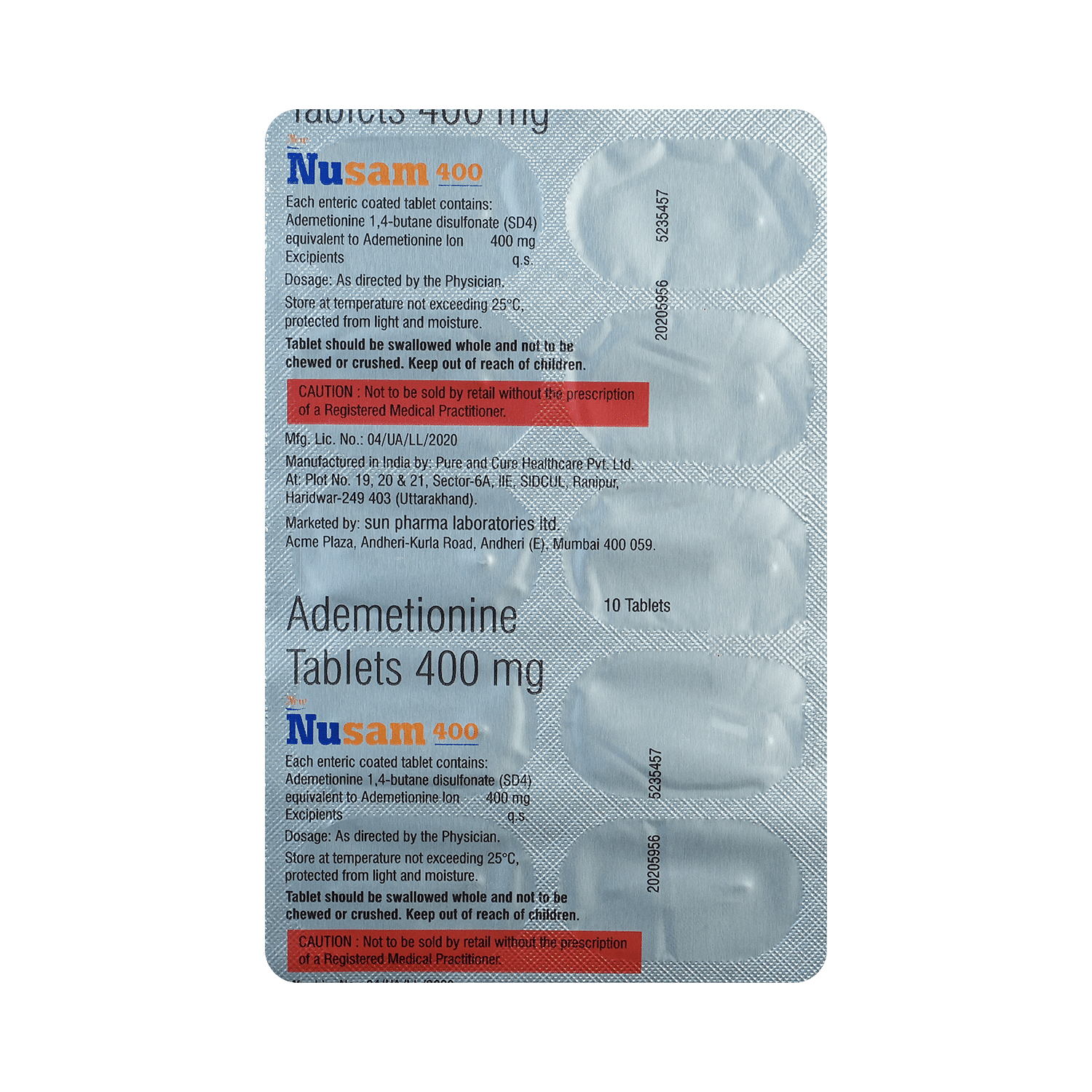
Nusam 400 Tablet
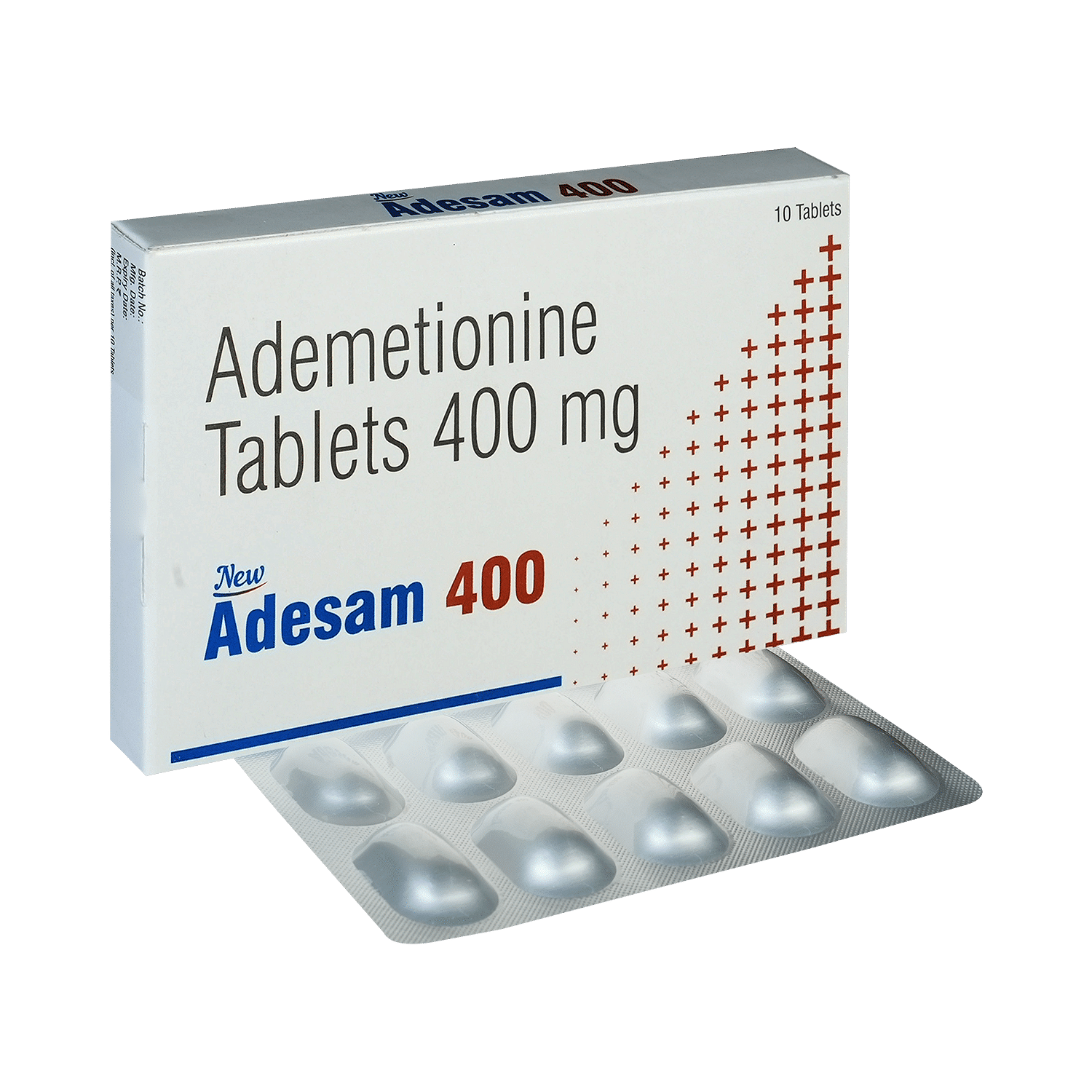
New Adesam 400 Tablet

Hepkart 400 Tablet
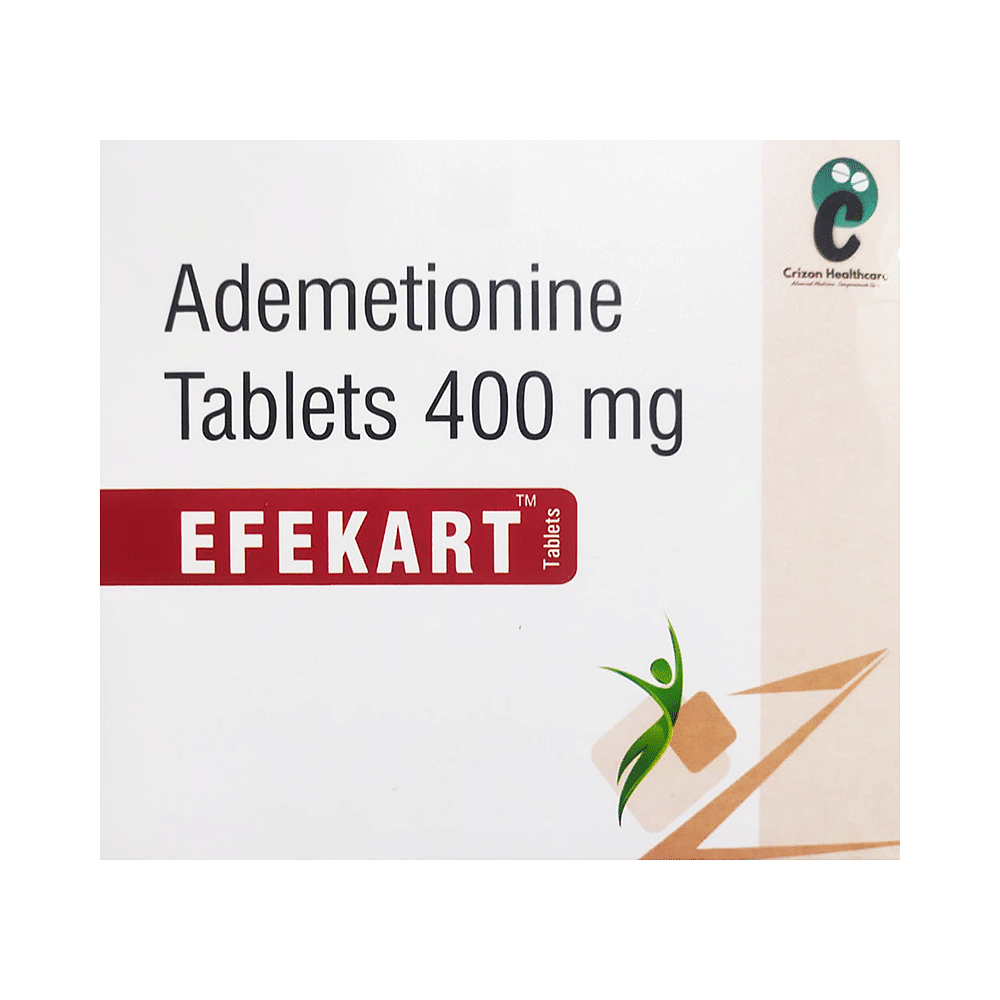
Efekart Tablet
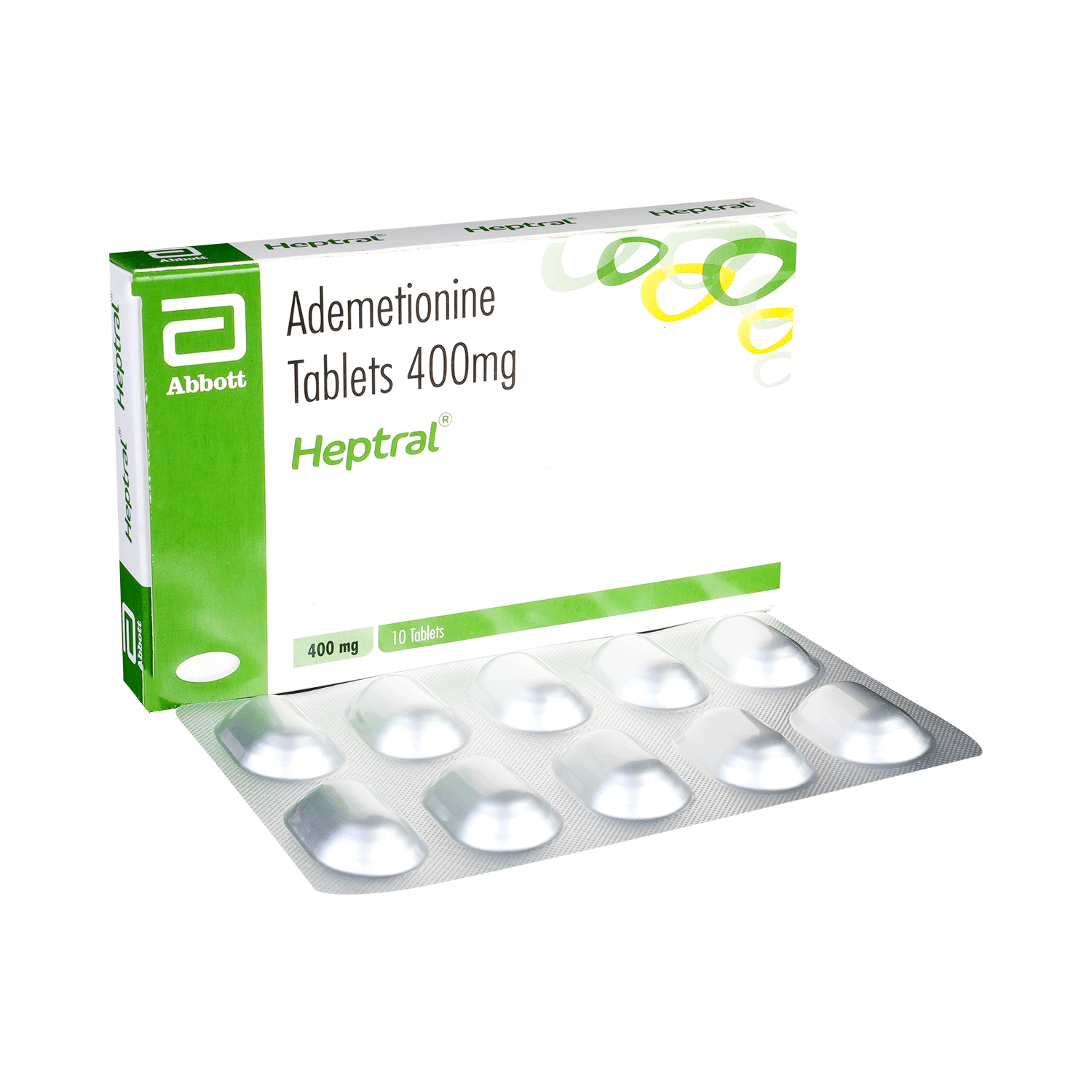
Heptral 400mg Tablet

Hepgeno 400mg Tablet

Unisam 400mg Tablet
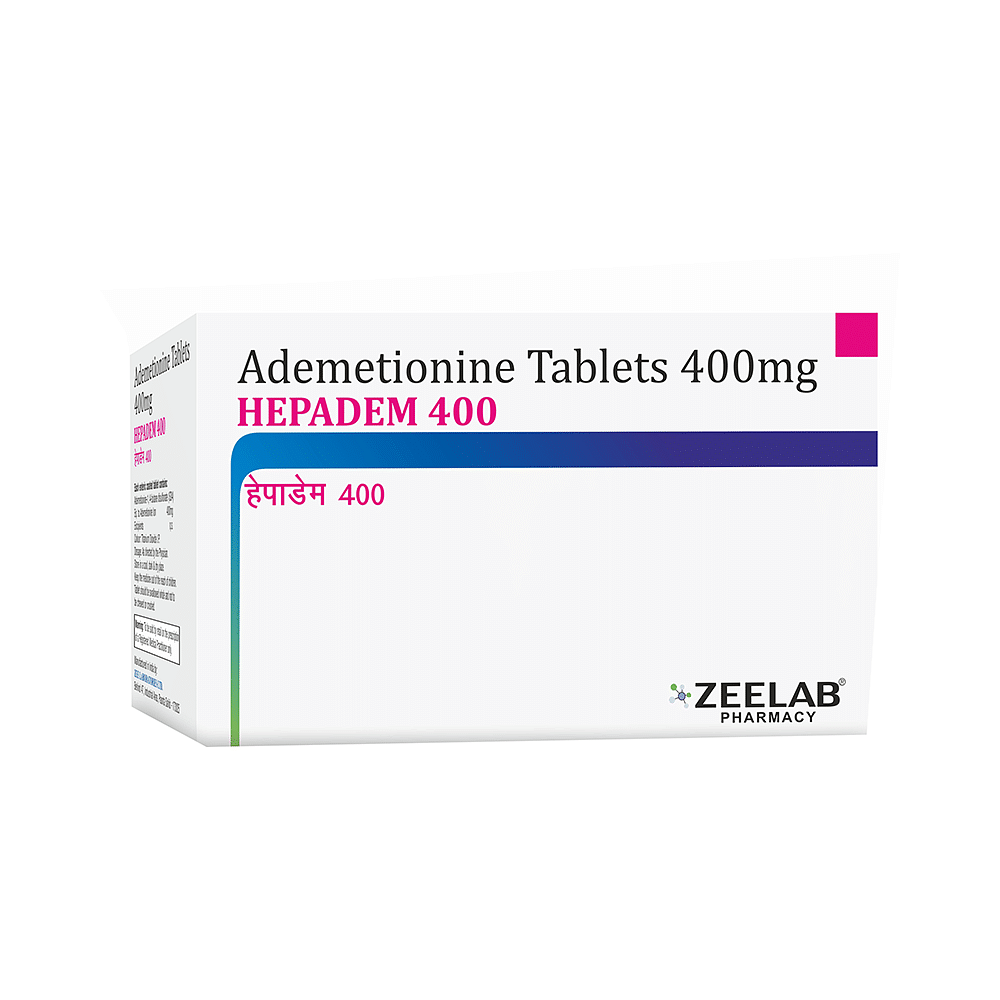
Hepadem 400 Tablet
Frequently asked questions
What are the key details about Admag 400 Tablet?
Admag 400 Tablet is a nutritional supplement derived from yeast cell cultures, containing methionine and adenosine triphosphate (ATP).
For what purposes has Admag 400 Tablet been researched?
Studies have investigated the potential benefits of Admag 400 Tablet for depression, osteoarthritis, and other conditions; however, conclusive evidence supporting its efficacy in these areas is lacking.
Who should avoid using Admag 400 Tablet?
Individuals with bipolar disorder should not take Admag 400 Tablet for depression, as it may exacerbate symptoms of mania. Additionally, consult a doctor before using this supplement if you are pregnant or nursing, have Parkinson's disease, or are HIV-positive.
What are the possible side effects of Admag 400 Tablet?
Common, but typically mild, side effects include headache, nausea, and diarrhea. These effects are not usually serious and may be experienced by some users.
Is long-term use of Admag 400 Tablet considered safe?
While information on the long-term safety of Admag 400 Tablet is limited, a study involving patients taking it for 2 years did not report any serious side effects. However, continued research and caution are recommended.


